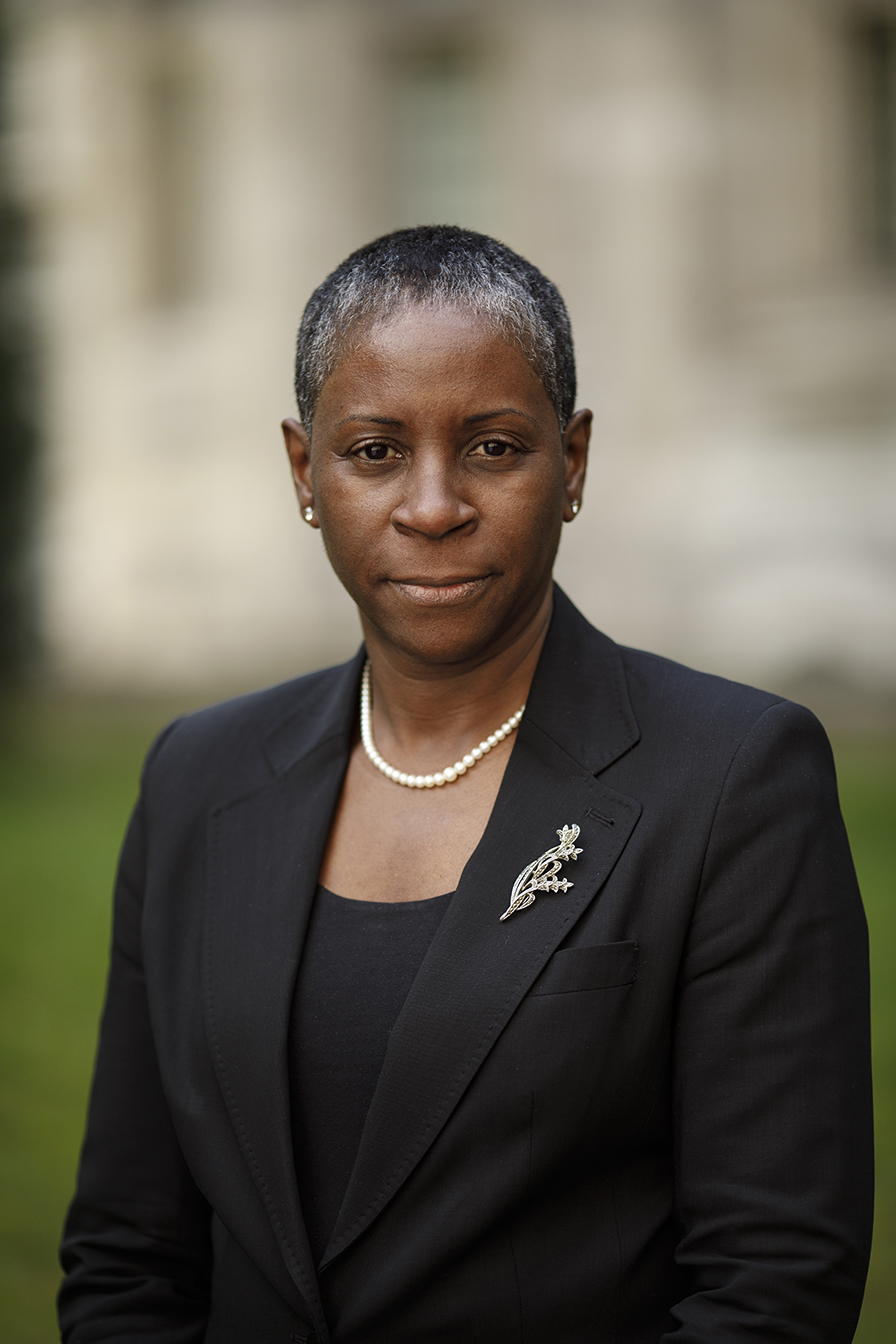
Low fees & high stress causing shortage of criminal duty solicitors
Lawyers have warned of a national shortage of criminal duty solicitors, with some areas dependent on just one solicitor to do all the work.
Anyone detained by the police, at any time of day or night, has a right to a duty solicitor and advice free of charge. However, the overall number of criminal duty solicitors outside London has fallen by about 7% between 2018 and 2021, and the number of duty solicitors aged 35 and under has plummeted by nearly 35%.
Lawyers say low fees and high stress is deterring new recruits. Not one duty solicitor is below the age of 35 in the whole of Cornwall, Lincolnshire, Wiltshire and Worcestershire. There is only one younger than 35 in each of Norfolk, Shropshire and Warwickshire, and two in Bristol, Cheshire, Cumbria, Devon, Dorset, East Sussex, Greater Manchester, Herefordshire and Suffolk. Three-quarters of duty solicitors in Cornwall are older than 50.
In total, only 4% of duty solicitors are younger than 35, and the average age has risen from 47 in 2018 to 49 in 2021.
The crisis is already apparent in many parts of England and Wales. For example, only one duty solicitor serves the whole area in Berwick and Alnwick (Northumberland), Dolgellau (Gwynedd), High Peak (Stockport), Newark (Nottinghamshire) and West Berkshire.
Moreover, fewer firms hold a criminal legal aid contract―currently 1,067 compared to 1,652 in April 2012.
Law Society president I Stephanie Boyce (pictured) said: ‘Each lost firm means fewer practitioners to respond to an ever-growing number of cases and ensure timely access to justice for victims and defendants.
‘This is despite it being a critical stage of a criminal case because what happens in the police station, and the careful judgements solicitors are required to make there, affect the entire case.’
Boyce also highlighted HM Courts and Tribunals Service figures for December 2021, published this week, showing 375,687 outstanding cases in the magistrates’ courts and 58,350 in the Crown Court.









